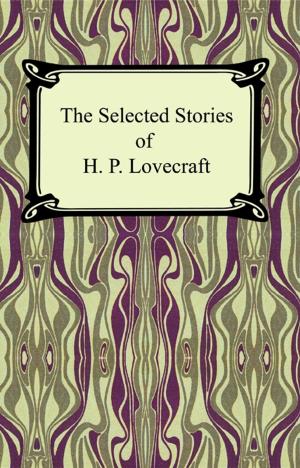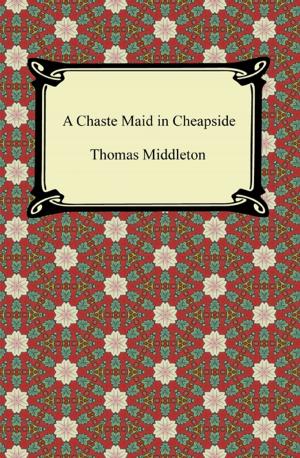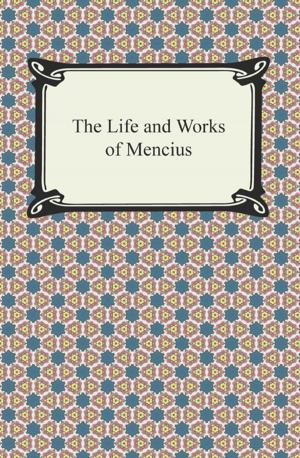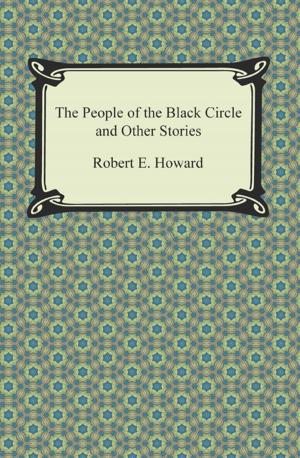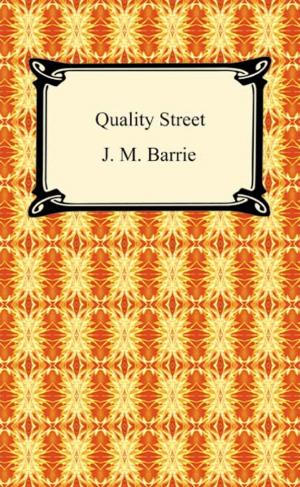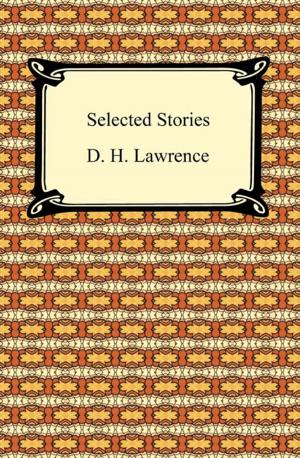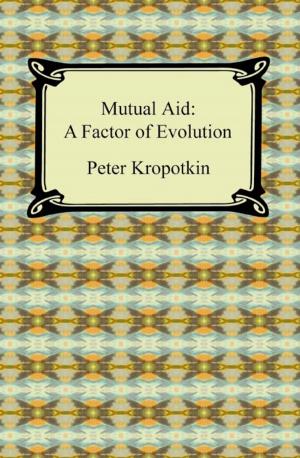| Author: | Ben Jonson | ISBN: | 9781420941968 |
| Publisher: | Neeland Media LLC | Publication: | December 15, 2009 |
| Imprint: | Digireads.com Publishing | Language: | English |
| Author: | Ben Jonson |
| ISBN: | 9781420941968 |
| Publisher: | Neeland Media LLC |
| Publication: | December 15, 2009 |
| Imprint: | Digireads.com Publishing |
| Language: | English |
Benjamin Jonson (1572-1637) was a Renaissance dramatist, poet and actor, known best for his satirical plays and lyric poems. His career began in 1597 when he held a fixed engagement in "The Admiral's Men", and although he was unsuccessful as an actor, his literary talent was apparent and he began writing original plays for the troupe. Although Jonson attained a long and thriving career, the majority of his major works for which he is revered were produced between 1605 and 1620. In his declining years he produced a number of works dubbed by Dryden as his "dotages," and although less popular than his earlier plays, they remain significant for their portrayal of Charles I's England. His final comedy, "The Magnetic Lady, or Humours Reconciled," tells the story of a chaotic but revealing dinner party, with the wealthy Lady Loadstone, her attractive young niece, Placentia Steel, a group of amorous but foolish suitors, and a few out of control female servants.
Benjamin Jonson (1572-1637) was a Renaissance dramatist, poet and actor, known best for his satirical plays and lyric poems. His career began in 1597 when he held a fixed engagement in "The Admiral's Men", and although he was unsuccessful as an actor, his literary talent was apparent and he began writing original plays for the troupe. Although Jonson attained a long and thriving career, the majority of his major works for which he is revered were produced between 1605 and 1620. In his declining years he produced a number of works dubbed by Dryden as his "dotages," and although less popular than his earlier plays, they remain significant for their portrayal of Charles I's England. His final comedy, "The Magnetic Lady, or Humours Reconciled," tells the story of a chaotic but revealing dinner party, with the wealthy Lady Loadstone, her attractive young niece, Placentia Steel, a group of amorous but foolish suitors, and a few out of control female servants.


